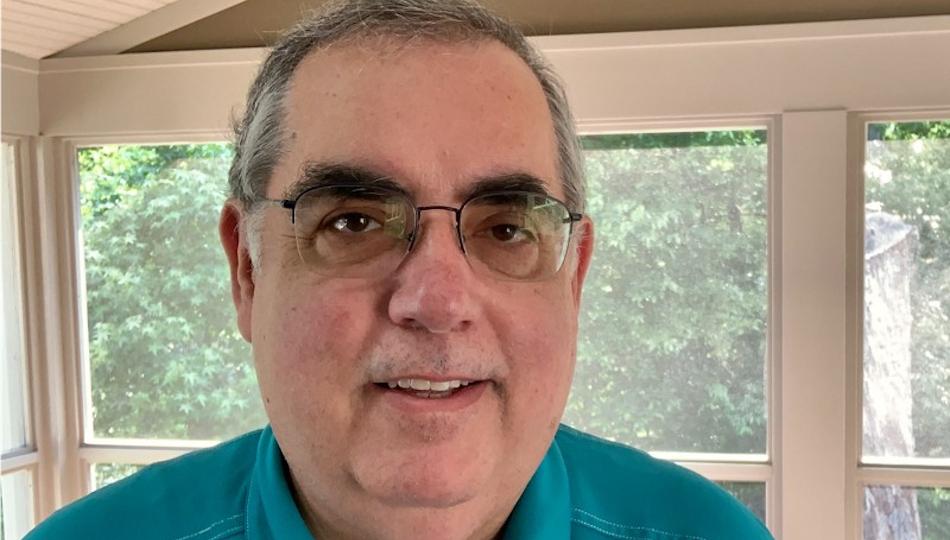Beckley's psychedelic med inches forward in depression

Beckley Psytech's chief scientific and medical officer Dr Rob Conley.
UK psychedelic medicines developer Beckley Psytech has said its candidate for treatment-resistant depression has enhanced the effect of standard antidepressants in a phase 2 trial.
The top-line data comes from the next stage (Part 2) of its ongoing trial looking at a single dose of Beckley's BPL-003 in 12 patients given on top of standard SSRI antidepressant therapy.
The drug – which is an intranasal formulation of 5-MeO-DMT benzoate, a psychoactive compound found in a wide variety of plant species as well as the Colorado River toad – produced a rapid and long-lasting antidepressant effect for up to three months after dosing and was well-tolerated.
The psychedelic is administered in controlled circumstances, with psychological support, and patients were able to be discharged within a couple of hours after dosing.
The data comes from an open-label phase 2a study in people with moderate-to-severe depression who had failed to respond to at least two treatments for depression and were taking defined SSRIs.
BPL-003 was associated with an average reduction on the widely-used Montgomery-Asberg Depression Rating Scale (MADRS) of 18 points from baseline observed the day after dosing, which was maintained at 19 points after a month and 18 points at three months. The results back up the findings from Part 1 of the study reported last year.
There were no serious adverse effects seen in the patients, according to Beckley, which is waiting for the first data from a 196-subject phase 2b study in mid-2025. The larger study, also open-label, is looking at two doses of the psychedelic (8mg and 12mg), with a second dose possible if needed, and comparing them to a "sub-perceptual" 0/3mg dose as an active placebo control at four and eight weeks.
According to analysts at Jefferies, the new data are a stepwise development for Beckley but do suggest the effects of the psychedelic are consistent across multiple studies and "de-risk" the phase 2b trial which – if positive – will set up a pivotal phase 3 programme.
"Although a small study, we are very encouraged by these results, which validate the safety and efficacy of BPL-003 co-administration with SSRIs," said Beckley's chief scientific and medical officer Dr Rob Conley.
"Since conditions like depression are often managed with the use of several interventions, it is important to understand how different treatments interact," he added.
"We believe that allowing people who wish to stay on SSRIs to be dosed with BPL-003 in clinical studies reduces the risk of withdrawal symptoms, improves accessibility and provides important insight into the effects of co-administration."
Other psychedelics being tested for potential in TRD include psilocybin, the psychoactive ingredient in hallucinogenic or 'magic' mushrooms, along with LSD, MDMA, and mescaline.
Nearly 300 million people are living worldwide with depression, and it is estimated that a third of them have symptoms that do not improve after first- and second-line treatment with conventional antidepressant drugs like SSRIs.












